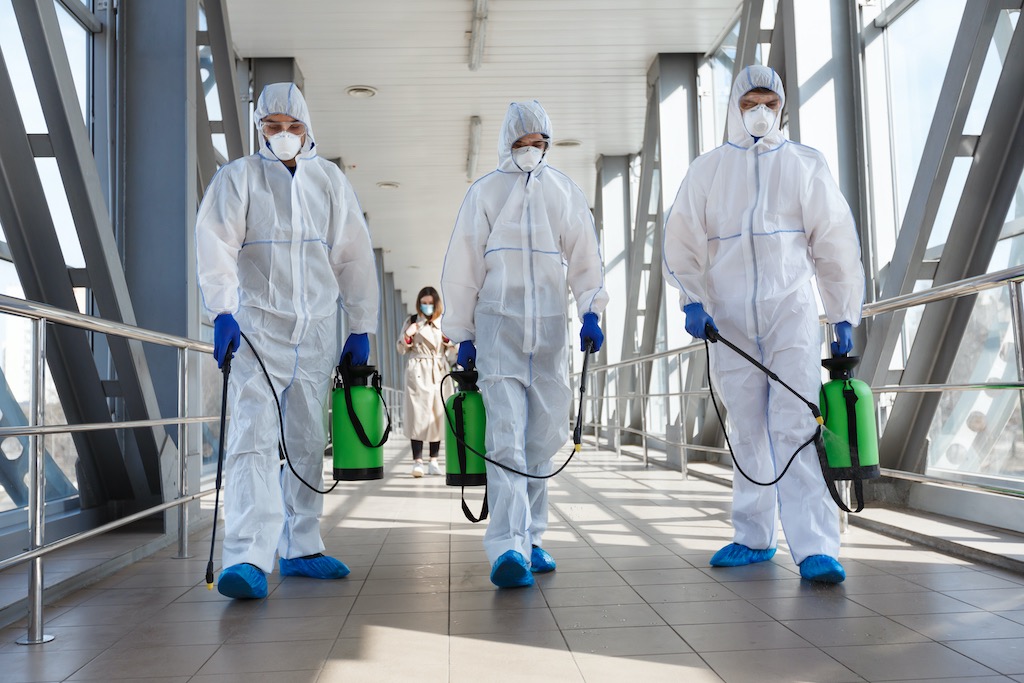Haute MD Cardiology Expert Dr. Kevin Coy has interests in a variety of areas of both non-invasive and invasive interventional cardiology and has been the co-principal investigator or principal investigator in a number of trials during the past 16 years he has spent in South Florida. In 1992, he won the Laverna Titus award for clinical research in Southern California. Dr. Coy has participated in developing and furthering new technologies in the area of cardiology. Besides his clinical research, he continues to practice both locally and internationally.He currently holds medical licenses in the Cayman Islands, Turks and Caicos Islands, Florida and California, where he is in good standing. Dr. Coy continues to strive to provide the highest quality medical care for his patients locally and internationally.
 Photo Credit: Shutterstock
Photo Credit: Shutterstock
During the COVID-19 pandemic, many people with severe cardiovascular disease have stayed away from medical care due to fear. The COVID outbreak certainly is concerning but cardiovascular death is far more common.
How is COVID-19 Affecting Our Heart?
A frightening statistic is that the number of patients typically presenting to hospitals with a heart attack was down nationwide by 38%. This does not mean we had fewer heart attacks but instead that patients did not seek medical care. The result is that many died at home while others suffer from heart failure that could have been prevented.
What should I do If I am experiencing heart attack symptoms?
The important thing to remember is if you are having symptoms that are increasing in frequency or severity notify your cardiologist immediately. The option of a virtual visit is widely available now in many practices. If you cannot reach your physician go to the emergency room. “Heart Attacks Kill” don’t let that happen to you.
What protocols are in place in hospitals amidst the COVID-19 pandemic?
 Photo Credit: Shutterstock
Photo Credit: Shutterstock
Hospitals are all using deep cleaning protocols and checking temperatures on everybody entering the facility. Infected patients are isolated in specially equipped wings and patients requiring cardiac procedures may often be discharged the same day. In addition, social distancing and masks as well as barrier protections are the norm.
There are many other cardiac and vascular issues that may need urgent attention, the same rules apply. Your cardiovascular specialist can assist in determining the acuity of your situation and guiding you in the process.
Remember respiratory borne infections are frequent and annual occurrences, pandemics are infrequent but of major importance to the community but heart disease is ever-present and the major cause of mortality and morbidity so be vigilant and seek care for your cardiac symptoms without delay.
For more information, visit Dr. Brian A. Levine's social media:

























